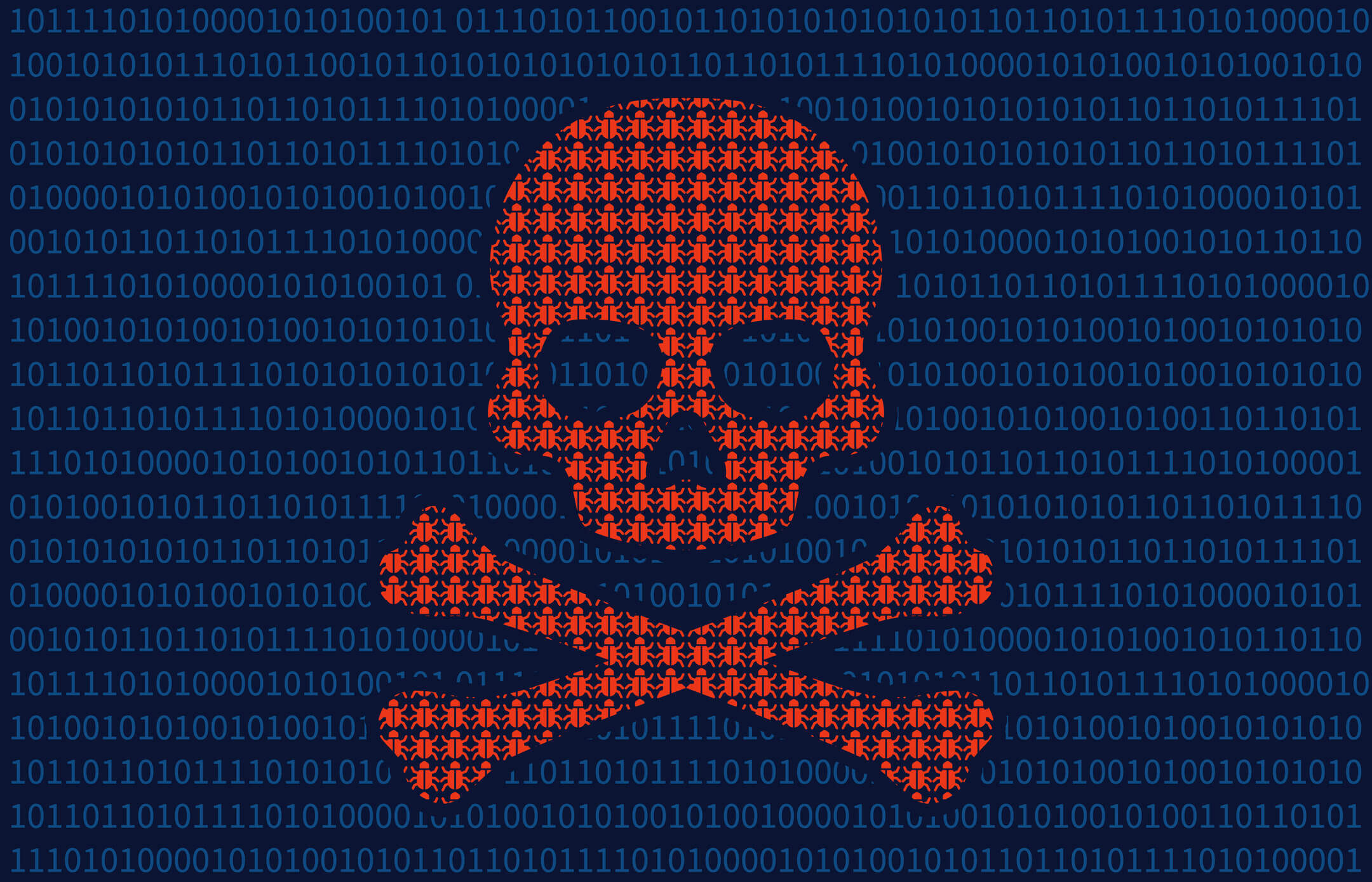In the news we often hear about big businesses, hospitals and universities being targeted by ransomware, but individuals are just as likely to be hit with this vicious type of malware. Continue reading to learn about ransomware and our four vital ransomware protection tips to ensure you never have to pay a ransom for your files.
What is Ransomware?
Ransomware is a type of malware that takes control of a computer, holding that data hostage for a ransom. Sometimes ransomware locks the system, but it is now more common for the files on an infected computer to be encrypted, and a ransom is demanded by the hackers responsible. It is impossible to recover these files without a decryption key, therefore it is impossible to recover them without paying the ransom.
How is Ransomware Spread?
Ransomware is typically spread by a Trojan virus. The Trojan disguises itself as a legitimate program or as a link in an email or pop-up. Once you open the file or click on the link, the virus will install on your computer and carry out the job they were programmed to do – lock down your files.
As seen with the WannaCry ransomware scare that rocked the world, Trojans aren’t the only way that ransomware is spread. Malware can also get into your system by exploiting software vulnerabilities.
We hope you never have to experience a ransomware infection. Read our 4 ransomware protection tips to keep your digital life safe.
Always Back up the Important Files on Your Computer
Whether you have irreplaceable photographs, work documents or financial information stored on your computer, keeping a backup never hurts. Make sure you are storing your backups off-site, as in not on your computer. Use a cloud backup service, like OneDrive, or save backups on an external hard drive. In the case that you do become infected with ransomware you can reformat the computer and replace your files using the backup. If you make frequent changes to your system be sure to make frequent backups as well.
Don’t Click on Something if you Don’t Trust the Source
If you are downloading a program or a file from the Internet, always make sure you are getting it from a reputable site. You also want to make sure you thoroughly research a program before installing it. When it comes to malicious links in emails, you want to exercise the same common sense – don’t click on links from strangers or even friends, if the email seems shady. We also recommend that you scan any email attachments with an antivirus program like McAfee before you open them.
Update, Update, Update
Always make sure that you download and install system and application updates as soon as they become available. Security patches were created to keep your computer safe from malicious online threats, so it’s against your best interest to put them off.
Protect your System with a Full Antivirus Suite
Antivirus software is designed to prevent malware from infecting your PC. When it comes to ransomware protection, a virus scan isn’t enough to guard your system. many AntiVirus provides real-time threat protection to scan files before they are opened, and Web Defender, which monitors online threats while you browse the web.
